The Impact of Hand Fractures on Daily Life: Coping Strategies and Rehabilitation Tips for a Speedy Recovery
Our hands are essential tools that we rely on for countless everyday activities. So, a hand fracture can be a frustrating and disruptive experience. But with proper treatment and rehabilitation, you can regain full use of your hand and get back to your normal life.
This guide from Pinnacle Orthocentre, a leading orthopaedic clinic in Thane, will explain the impact of hand fractures, coping strategies for daily life, and valuable tips to promote a speedy recovery.

Understanding Hand Fractures
Hand fractures can occur in different parts of the hand, including the fingers, metacarpals, and wrist. Phalangeal fractures involve the bones of the fingers, while metacarpal fractures affect the bones in the palm of the hand, and wrist fractures involve the radius, ulna, or carpal bones.
These fractures can result from various causes, such as sports injuries, falls, or accidents in the workplace. Understanding the type and cause of the fracture is crucial for determining the appropriate treatment and rehabilitation plan.
Common types of hand fractures include:
- Fractured fingers: This can involve any of the finger bones.
- Thumb fractures: These can affect the mobility and stability of the thumb.
- Metacarpal fractures: These affect the long bones in the back of the hand.
- Wrist fractures: While technically not part of the hand, a broken wrist can significantly impact hand function.
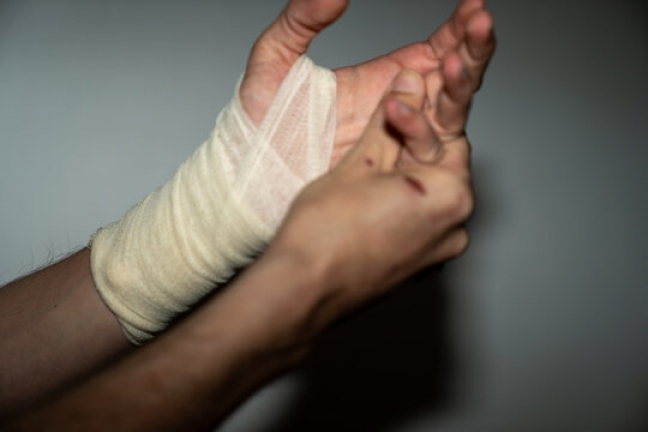
Causes of hand fractures
- Falls are a leading cause of hand fractures, especially in older adults.
- Sports injuries and accidents can also cause fractures.
- Repetitive stress from certain activities can lead to hairline fractures.
Symptoms of a broken hand
If you suspect you have a broken hand, be aware of these common symptoms:
- Pain, especially when moving the hand or applying pressure.
- Swelling, bruising, or redness around the injured area
- Deformity or misalignment of the bone
- Difficulty gripping, grasping, or making a fist.
Importance of Seeking Medical Attention
Early diagnosis and treatment of a hand fracture are crucial for a smooth recovery and to prevent complications like stiffness, misalignment, or permanent loss of function. If you experience any signs of a broken hand, seek immediate medical attention from a qualified orthopaedic specialist.
Impact of Hand Fractures on Daily Activities
A broken hand can significantly impact your daily life in several ways:
Loss of Functionality
- Difficulty with grasping and gripping: This can make simple tasks like holding a cup, using utensils, or buttoning clothes challenging.
- Challenges with personal care: Tasks like dressing, bathing, or grooming may become difficult or require assistance.
- Limitations in work or hobbies: Depending on your profession or hobbies, a hand fracture might limit your ability to perform certain tasks.
Pain and Discomfort
Pain from a broken hand can disrupt your sleep, affect your mood, and make it difficult to concentrate on daily activities. Effective pain management is essential for a comfortable recovery.
Treatment Options for Hand Fractures
Treatment for hand fractures depends on the severity and location of the injury. It may include:
- Initial Assessment and Diagnosis: X-rays or other imaging tests to determine the extent of the fracture.
- Non-surgical Treatment: Immobilization using splints or casts, pain management with medication, and physical therapy to maintain hand flexibility and strength.
- Surgical Options: In cases of severe fractures or misaligned bones, surgery may be necessary to realign and stabilize the fracture. Procedures such as open reduction internal fixation (ORIF) or external fixation may be performed.
Rehabilitation Tips for Hand Fractures
Rehabilitation is essential for restoring hand function and preventing stiffness. Some tips include:
- Importance of Rehabilitation: Consistent rehabilitation exercises help improve hand mobility and strength.
- Exercises for Hand Flexibility and Strength: Finger flexion and extension exercises, grip strength exercises, and wrist range of motion exercises can aid in recovery.
- Utilizing Assistive Devices: Splints or adaptive tools can help protect the hand during daily activities and promote healing.
- Pain Management Techniques: Applying ice packs, taking prescribed medication, and using techniques like elevation can help manage pain and swelling.
Coping Strategies for Hand Fractures
Coping with hand fractures requires patience, support, and proactive measures:
- Patience and Acceptance: Accepting the temporary limitations and focusing on the recovery process can help reduce frustration.
- Seeking Support: Lean on family and friends for emotional support and consider joining support groups or seeking counseling if needed.
- Occupational Therapy: Working with an occupational therapist can help develop strategies for adapting to daily activities and returning to work.
- Psychological Support: Addressing any emotional challenges through therapy or counseling can aid in coping with the stress of the injury.
Tips for Recovering from Hand Injuries
- Following Doctor’s Recommendations: Adhering to the treatment plan prescribed by the doctor, including attending follow-up appointments and adhering to activity restrictions.
- Protecting the Hand During Recovery: Avoiding activities that could reinjure the hand and using protective gear when necessary.
- Nutrition and Hydration: Eating a balanced diet and staying hydrated can support the body’s healing process.
- Monitoring Progress: Regularly assessing hand function and adjusting activities as needed based on pain levels and mobility.
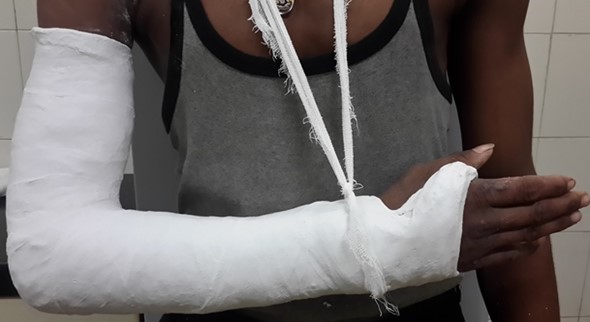
Hand Injury Recovery Time
Recovery time for hand fractures varies depending on factors such as the severity of the fracture, the individual’s overall health, and adherence to rehabilitation. Generally, it can take several weeks to months for complete healing and return to normal activities.
Hand Fracture Treatment in Thane
In Thane, individuals can access various facilities for hand fracture treatment, including hospitals and specialized orthopedic centers. Finding a hand surgeon in Thane ensures access to expert care for accurate diagnosis and effective treatment.
Conclusion
Hand fractures can significantly impact daily life, but with proper treatment, rehabilitation, and support, individuals can overcome these challenges and regain function. By understanding the importance of rehabilitation, adopting coping strategies, and seeking appropriate medical care, individuals can navigate the recovery process with resilience and determination.


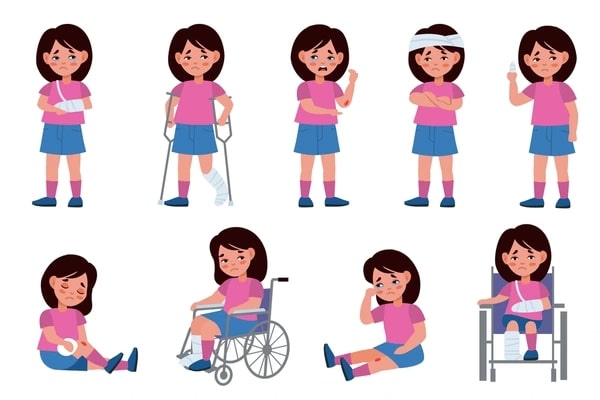
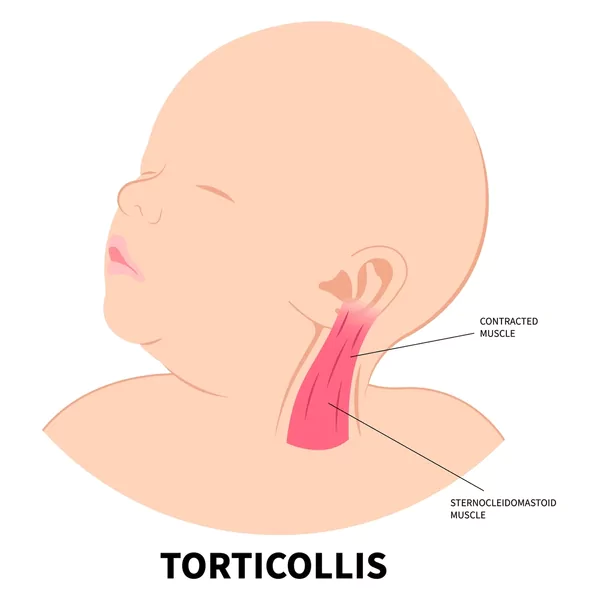
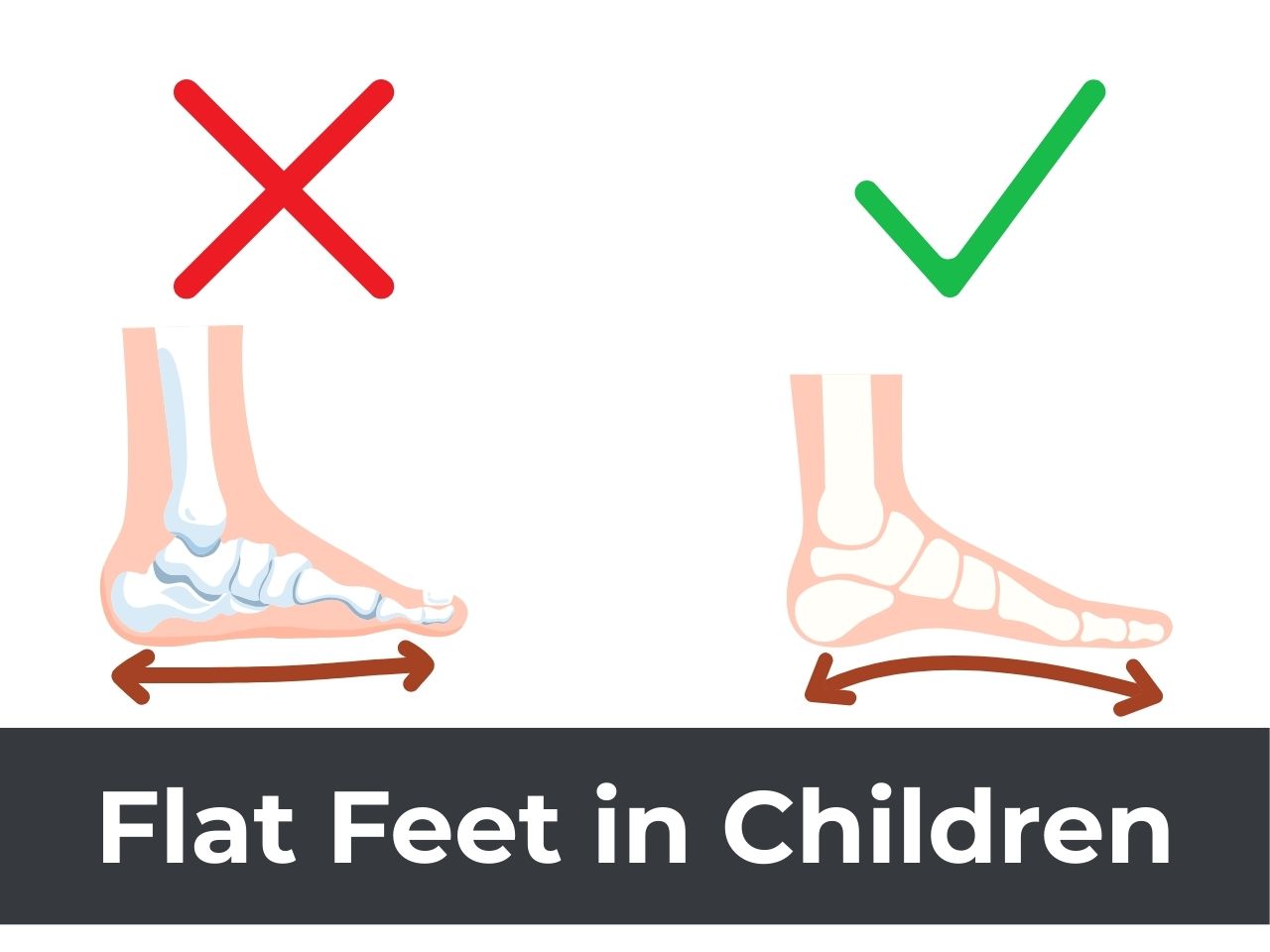

0 Comments